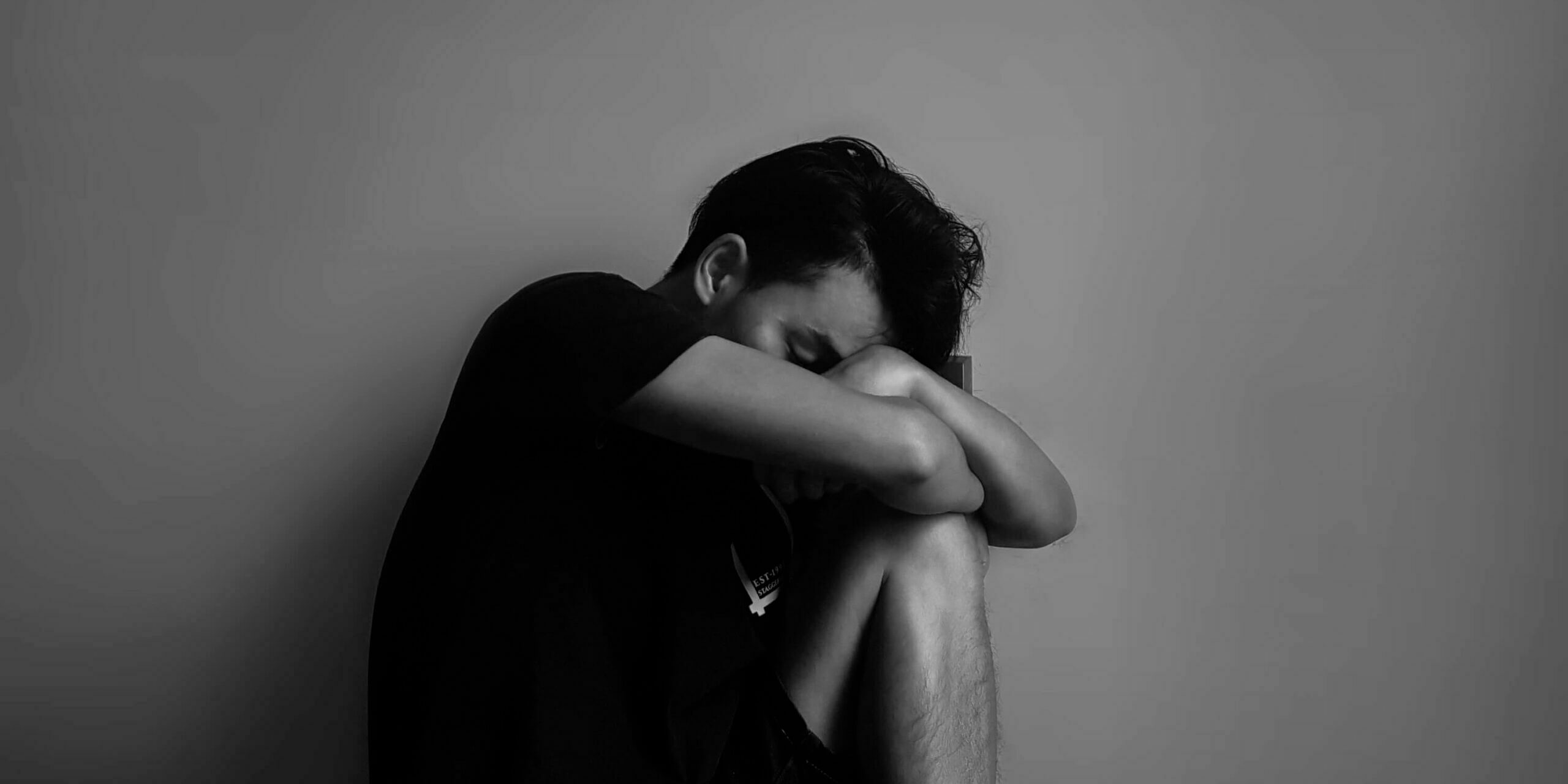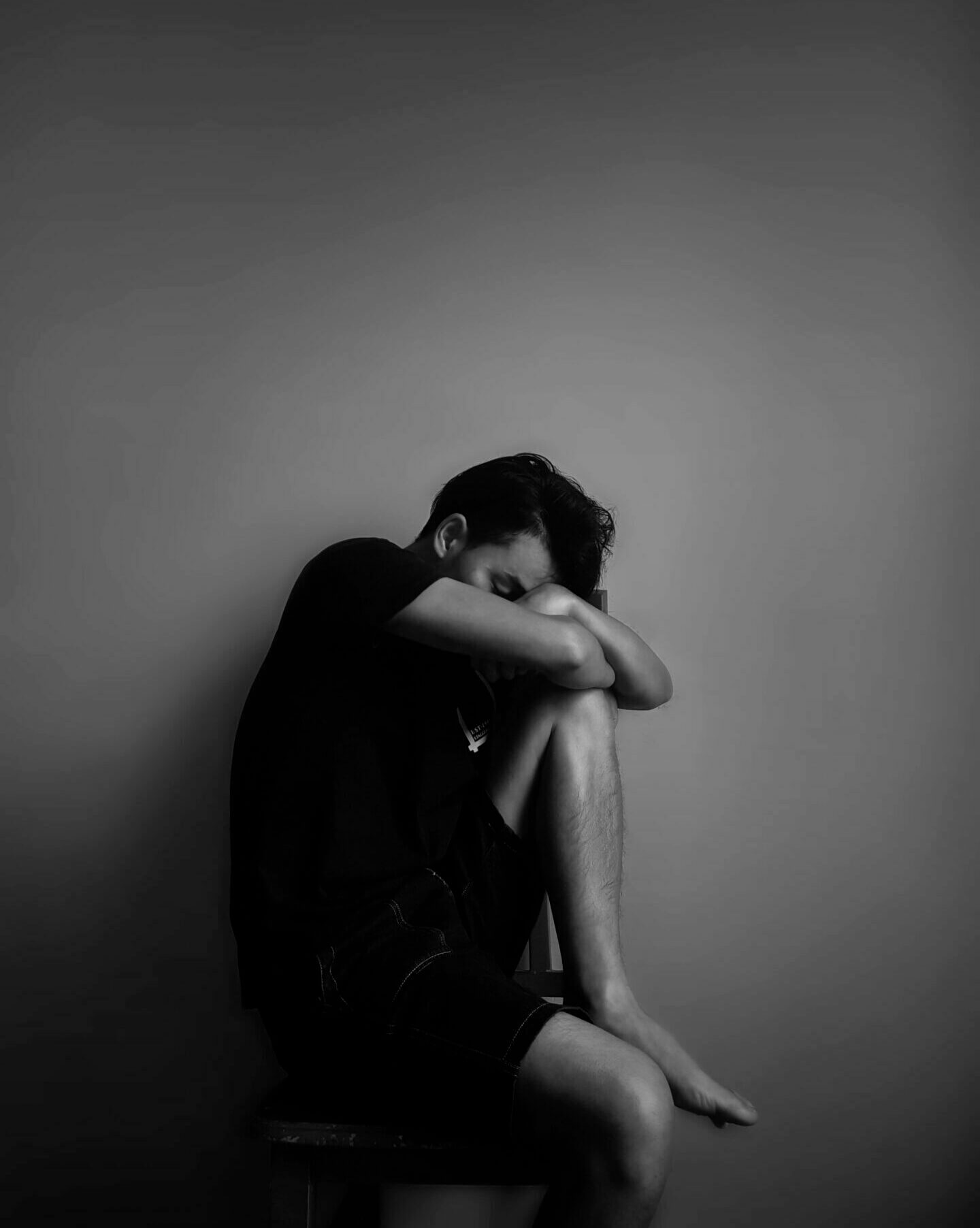
Unlike a broken arm, for example, depression cannot usually be traced to a single cause or trigger. Rather, it develops from the interaction of different influences. On the one hand, there are factors that lead to a predisposition, i.e. an increased risk of becoming depressed. Furthermore, there are current triggers that can cause the occurrence of depression in people with this predisposition. The question is often asked by those affected whether depression is a physique or a “mental” illness. As with a medal, one can look at two sides of every person suffering from depression: the psychosocial side and the neurobiological side.
The psychosocial situation includes the entire behavior, our life experiences and relationships with fellow human beings. Factors such as trauma or experiences of abuse in early life can increase the risk of developing depression later on. In medicine/psychology, terms such as vulnerability, susceptibility or acquired predisposition are used. Furthermore, triggers are often found, such as current loss experiences and/or overload situations. But also positive life changes (a vacation or a passed exam for example) can be triggers of a depressive episode.
Unlike a broken arm, for example, depression cannot usually be traced to a single cause or trigger. Rather, it develops from the interaction of different influences. On the one hand, there are factors that lead to a predisposition, i.e. an increased risk of becoming depressed. Furthermore, there are current triggers that can cause the occurrence of depression in people with this predisposition. The question is often asked by those affected whether depression is a physique or a “mental” illness. As with a medal, one can look at two sides of every person suffering from depression: the psychosocial side and the neurobiological side.
The psychosocial situation includes the entire behavior, our life experiences and relationships with fellow human beings. Factors such as trauma or experiences of abuse in early life can increase the risk of developing depression later on. In medicine/psychology, terms such as vulnerability, susceptibility or acquired predisposition are used. Furthermore, triggers are often found, such as current loss experiences and/or overload situations. But also positive life changes (a vacation or a passed exam for example) can be triggers of a depressive episode.

Treatment of
depression
THC and other cannabinoids help the body fight against depression by reducing stress levels. CBD is especially effective in reducing anxiety and improving sleep.
Nature instead of antidepressants
Many drugs harm the body or have acute side effects. The reality is that the side effects of cannabis are usually very mild, yet cannabinoids can have a similarly strong effect on the patient.
Copyright ©2023 Alphaplant Pharmaceutical (PTY) Ltd. All Rights Reserved. Regulated and monitored by the South African Health Products Regulatory Authority (SAHPRA) with license number: 0000000041MC Ð v2. For any questions please contact info@alphaplant-pharma.com